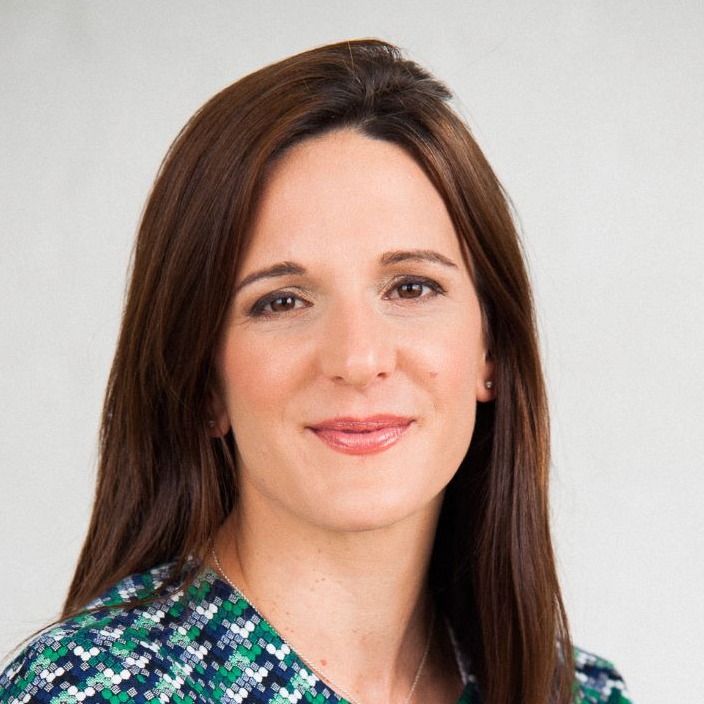Don’t worry, AI won’t take your cybersecurity job
Will artificial intelligence (AI) take my job? This is perhaps one of the most prevalent narratives today as organisations and individuals face a future that is dominated by this increasingly capable technology. The surge in fear has been largely driven by the arrival of ChatGPT, a generative artificial intelligence (GAI) that made everyone realise that AI has moved from a possibility to a very capable reality. But not for those in cybersecurity, says Anna Collard, SVP Content Strategy & Evangelist at KnowBe4 AFRICA.
“There is a huge global shortage of skilled cybersecurity professionals,” she explains. “At the intersection of AI and security, there is no fear of job losses, there is relief. It is unlikely that GAI has the potential to take over the highly skilled and challenging role of a CISO or security expert, but it can replace certain functions within that role to make the role a lot faster and more efficient. Maybe, further down the line, AI may have the ability to take on some of the more data and admin-intensive functions like a SOC analyst, but right now, it is less of a threat and more of a value-add.”
AI can potentially simplify some of the tasks that take up a lot of time for the beleaguered cybersecurity professional. This would allow them to then focus on more in-depth and high-end concerns, while the AI filters data and provides them with insights on demand that they can use to enhance decision-making and strategy.
“Many tasks can be augmented by AI, as a lot of the cybersecurity industry is driven by data,” says Collard. “AI can alleviate the tedium of sifting through this data which, based on the sheer volume of work and levels of stress experienced by professionals in this sector, can only be of value. However, there is still a lack of trust and limited understanding around how it works and its capabilities.”
Cybersecurity teams adopt AI within their processes, evaluating its impact as they assess its capabilities and value-add. While security operations will not be fully replaced by AI, they will be augmented by it – helping teams get more from their data and their systems. As the technology becomes more capable and immersed within the business, cybersecurity jobs will not disappear, they will change. Cybersecurity roles will wrap around the capabilities of AI so talented professionals and their skills are put to better use while the AI takes on the technical tasks that it can do with ease.
“Humans are still necessary for communicating with the company, and for facilitating and supporting the security within the company,” says Collard. “People play a crucial role in interpreting the data as AI tends to look at it from a data-driven perspective where the data is never wrong. However, the magical elements of emotion, opinion and critical thinking are irreplaceable.”
Looking ahead, it is a world where the cybersecurity professional is enhanced by AI, where the roles are transformed by the capabilities of AI, and where new roles may emerge alongside the potential of AI. But replacing the professional? No, the technology is an enabler, not a replacer and cybersecurity as a profession will benefit from how it can improve their quality of working life and open up new avenues for strategic thinking and innovation.
